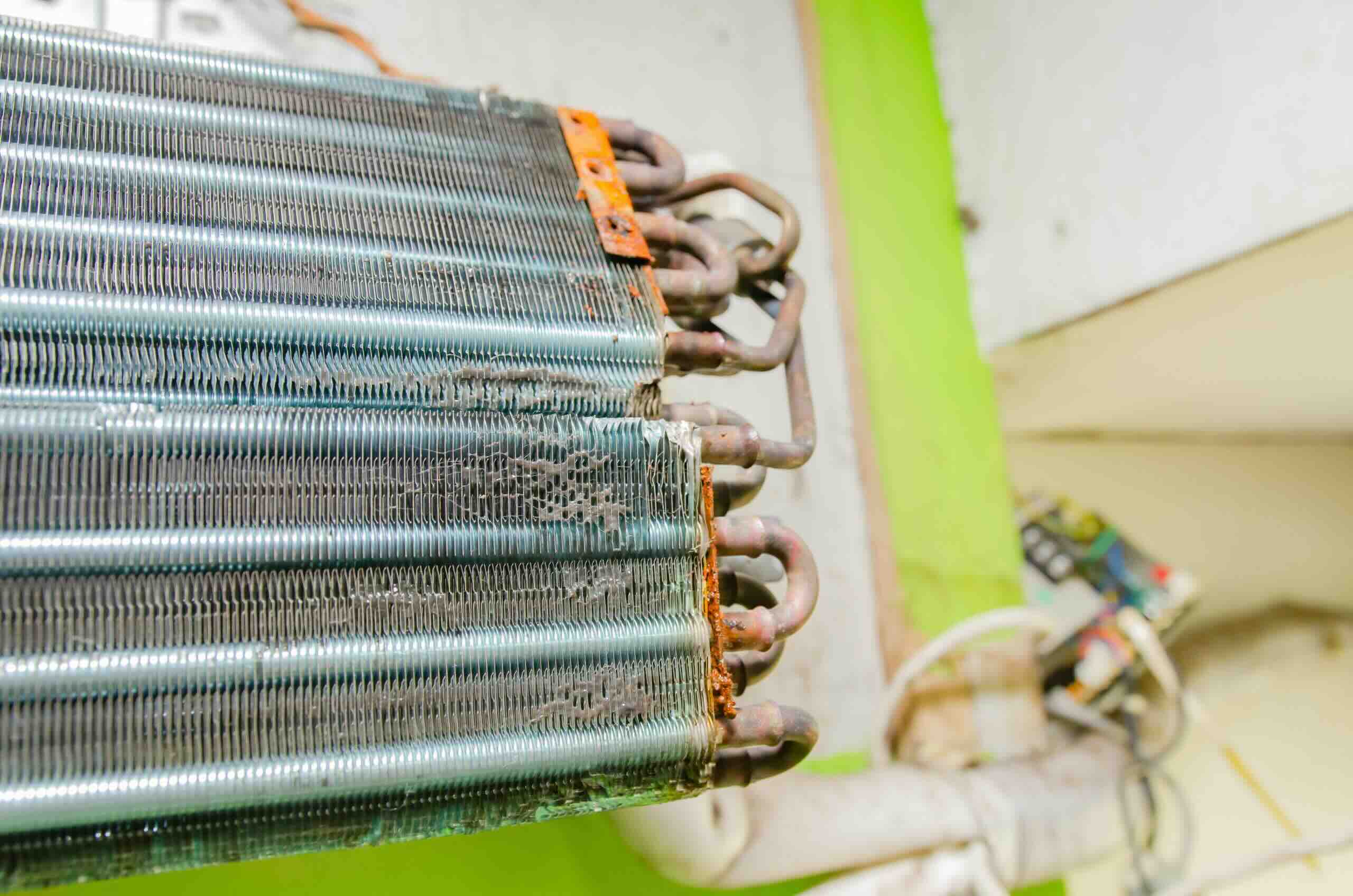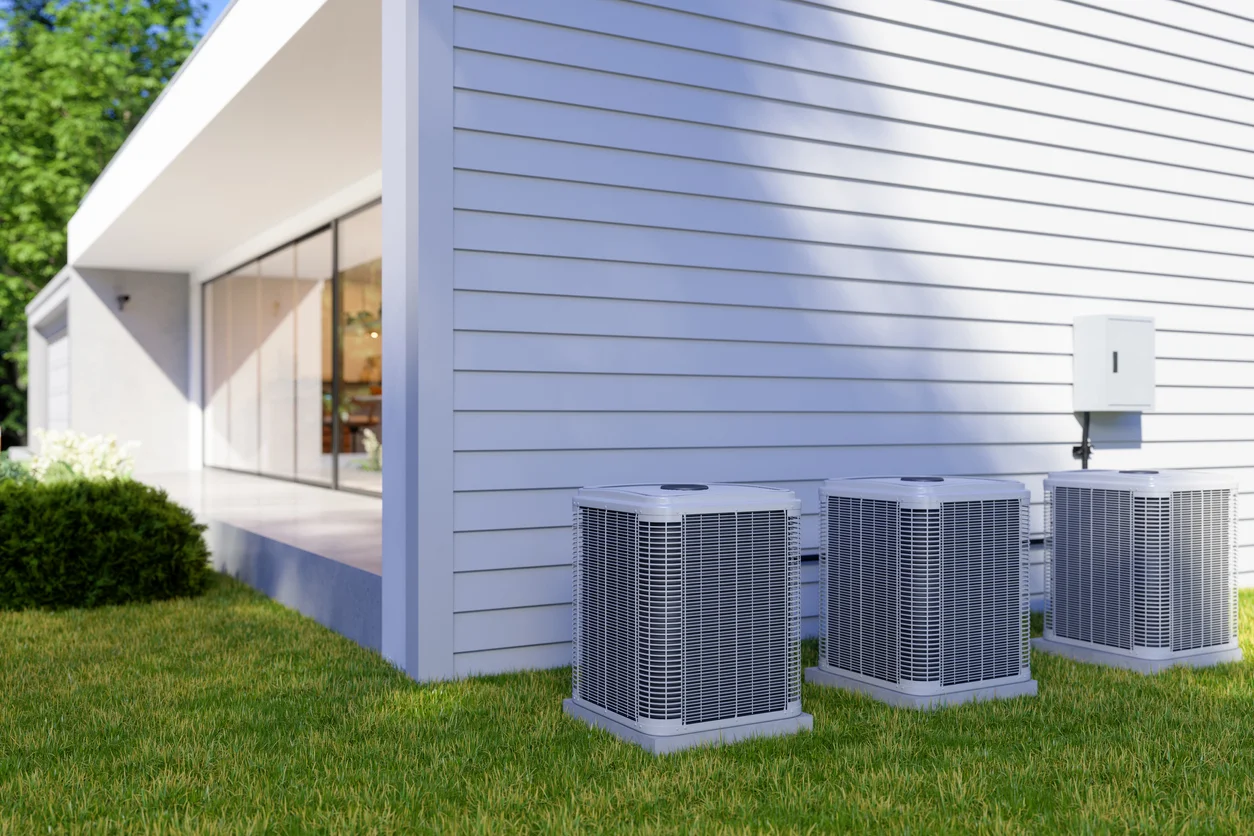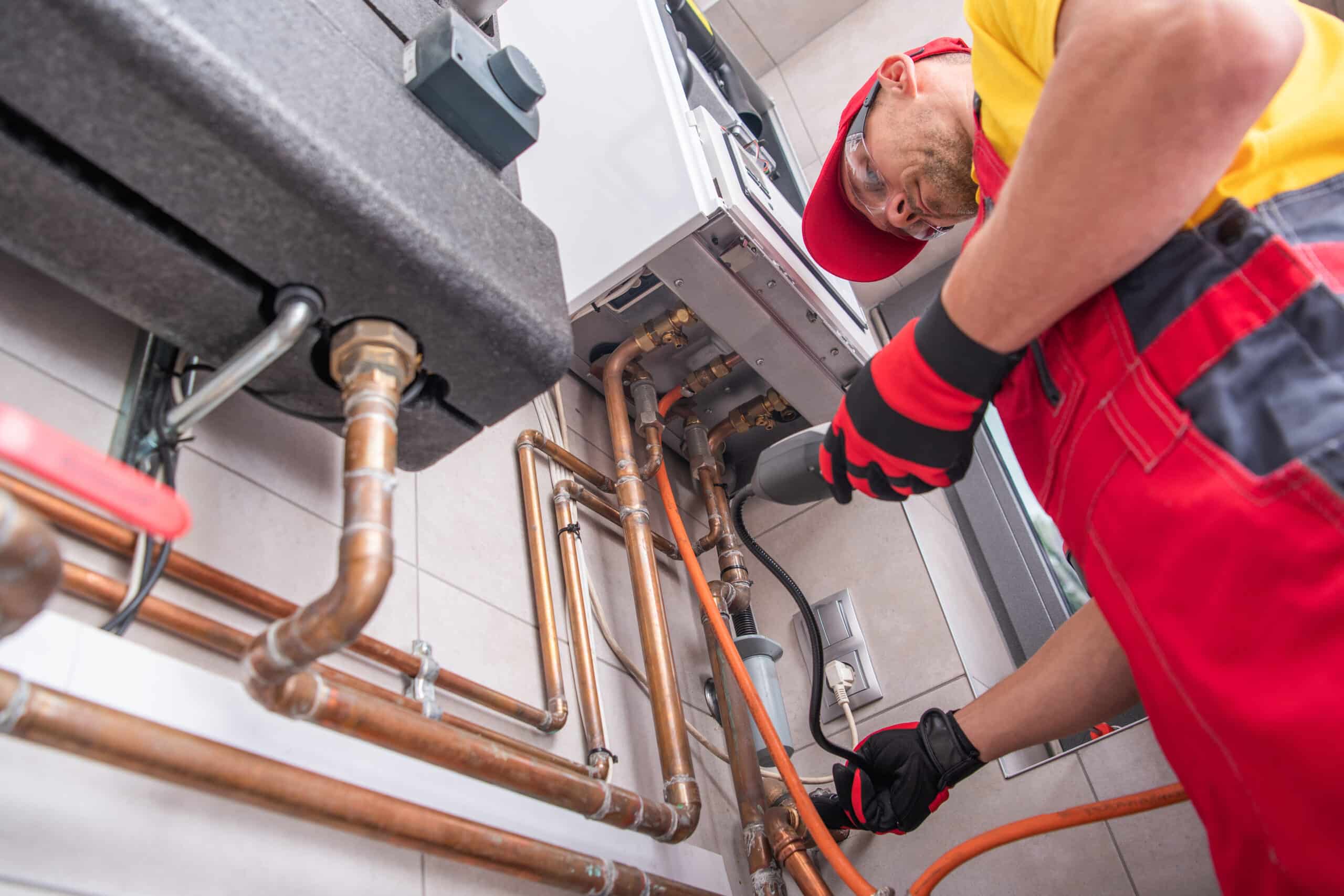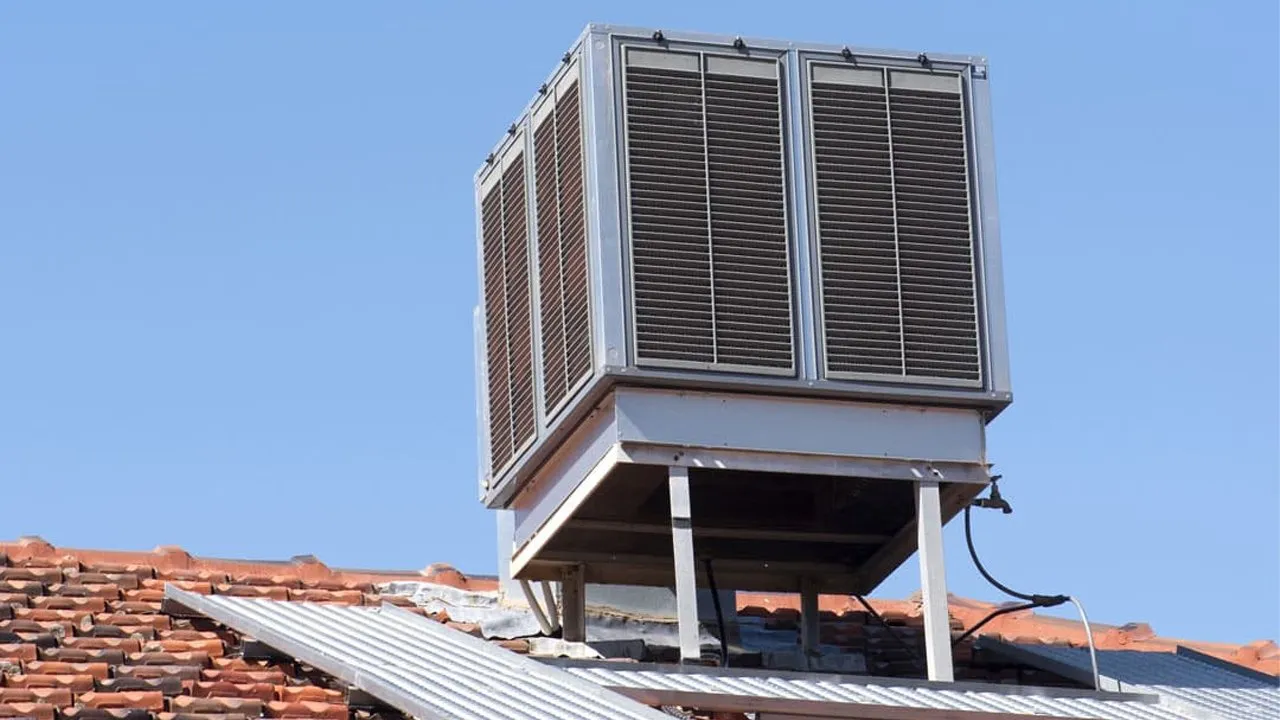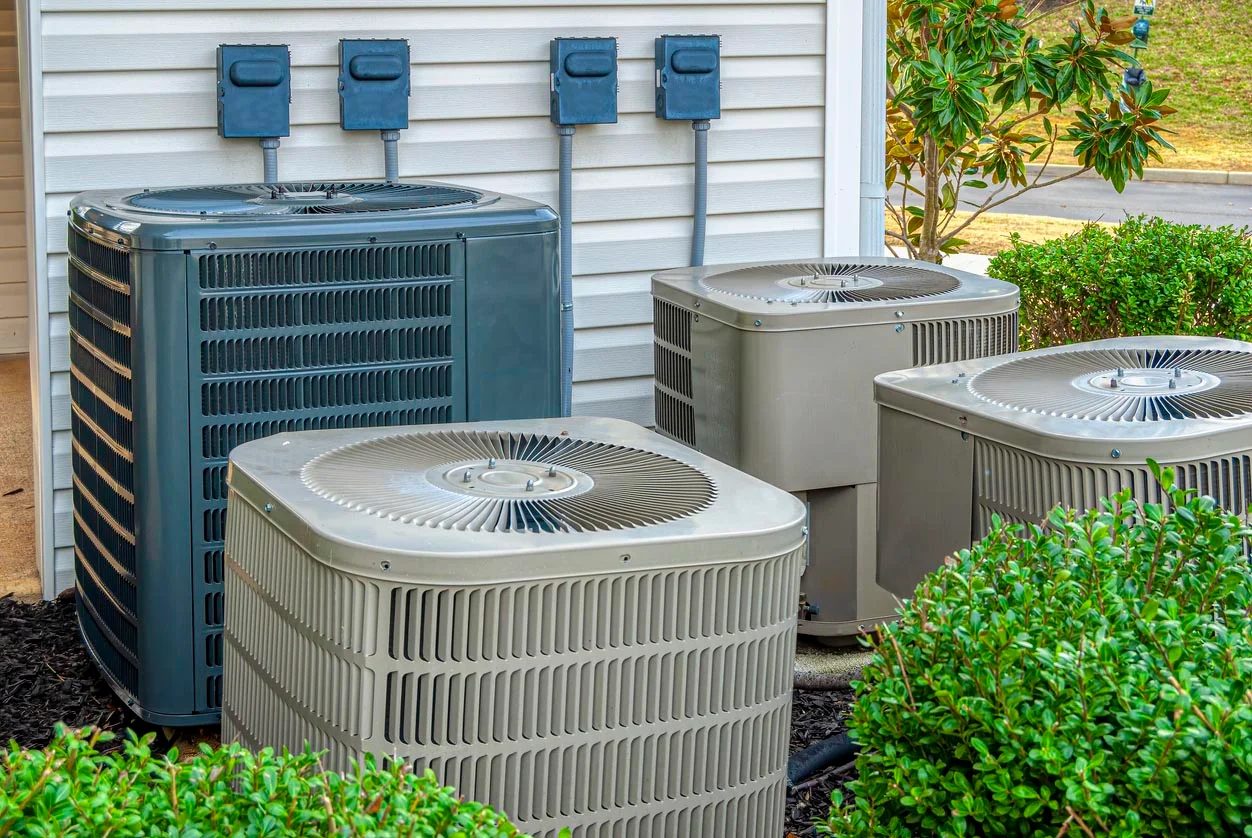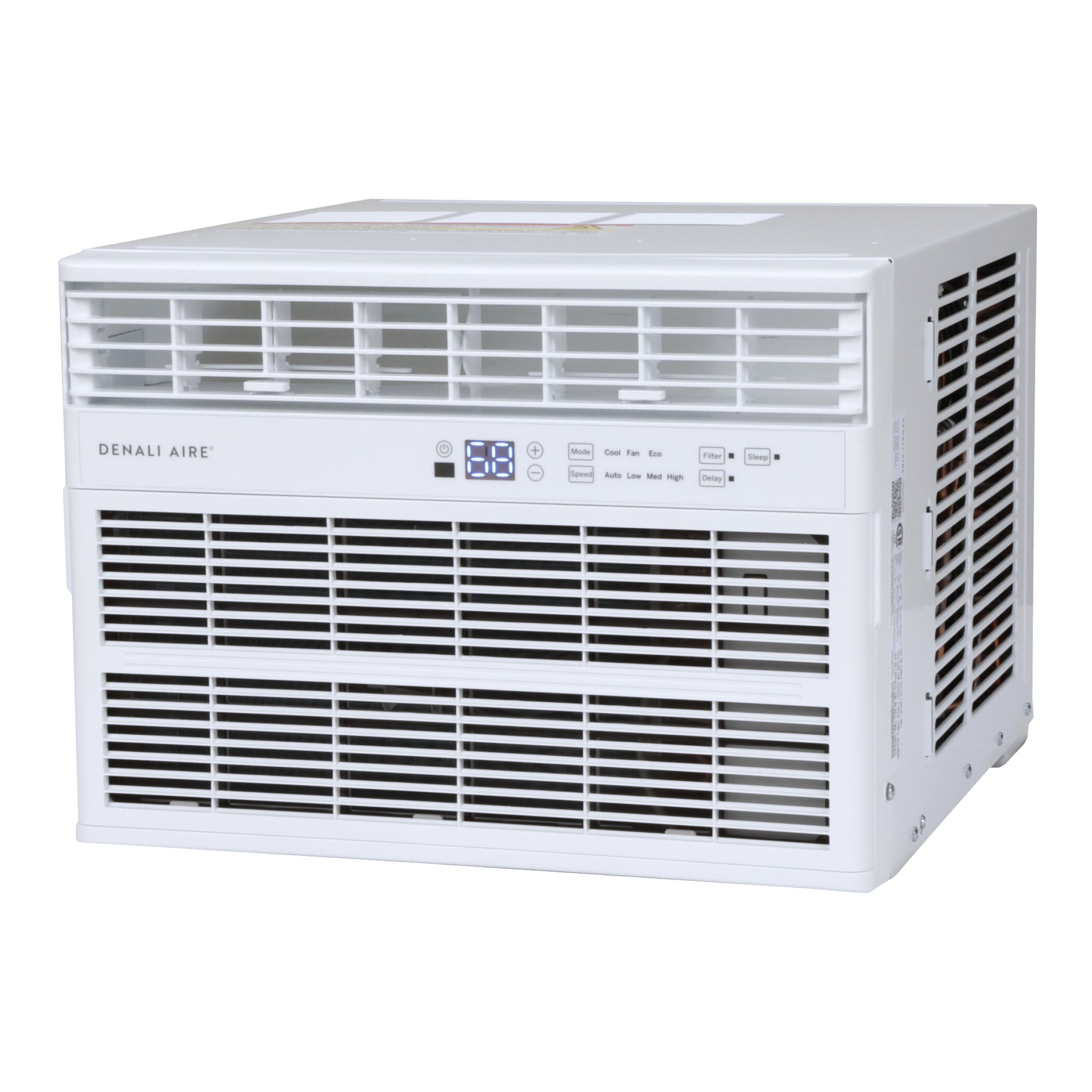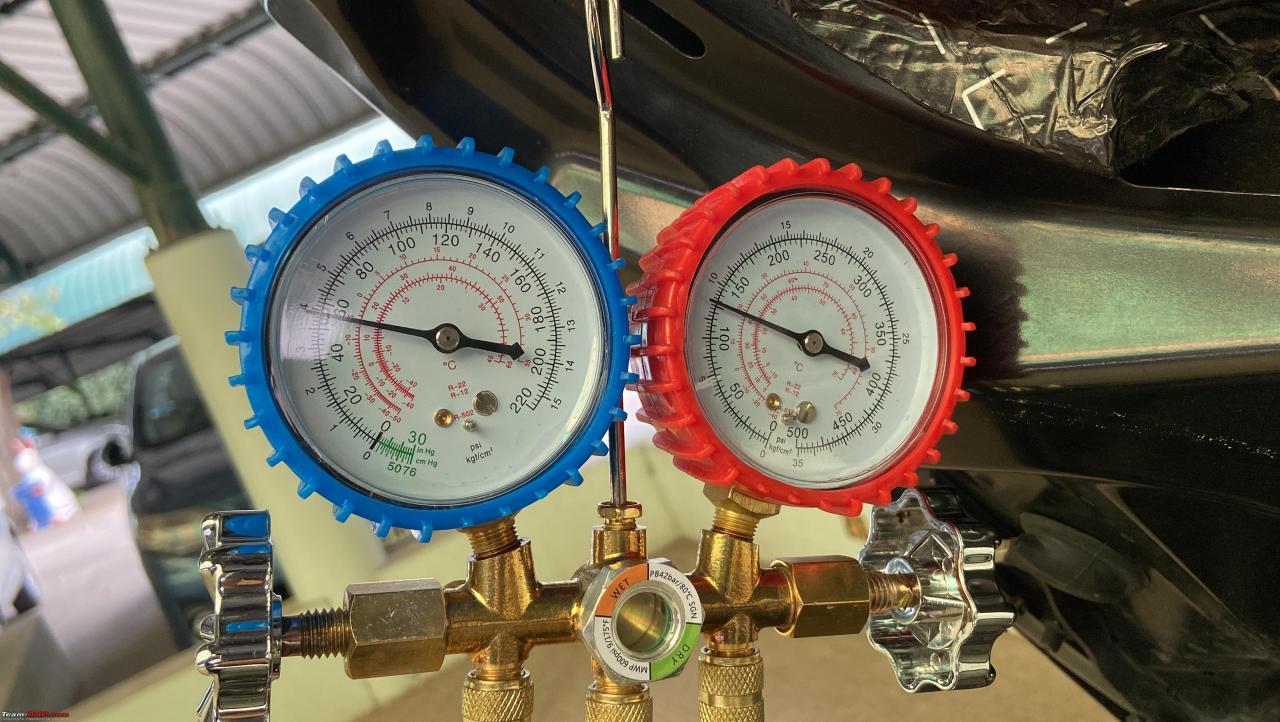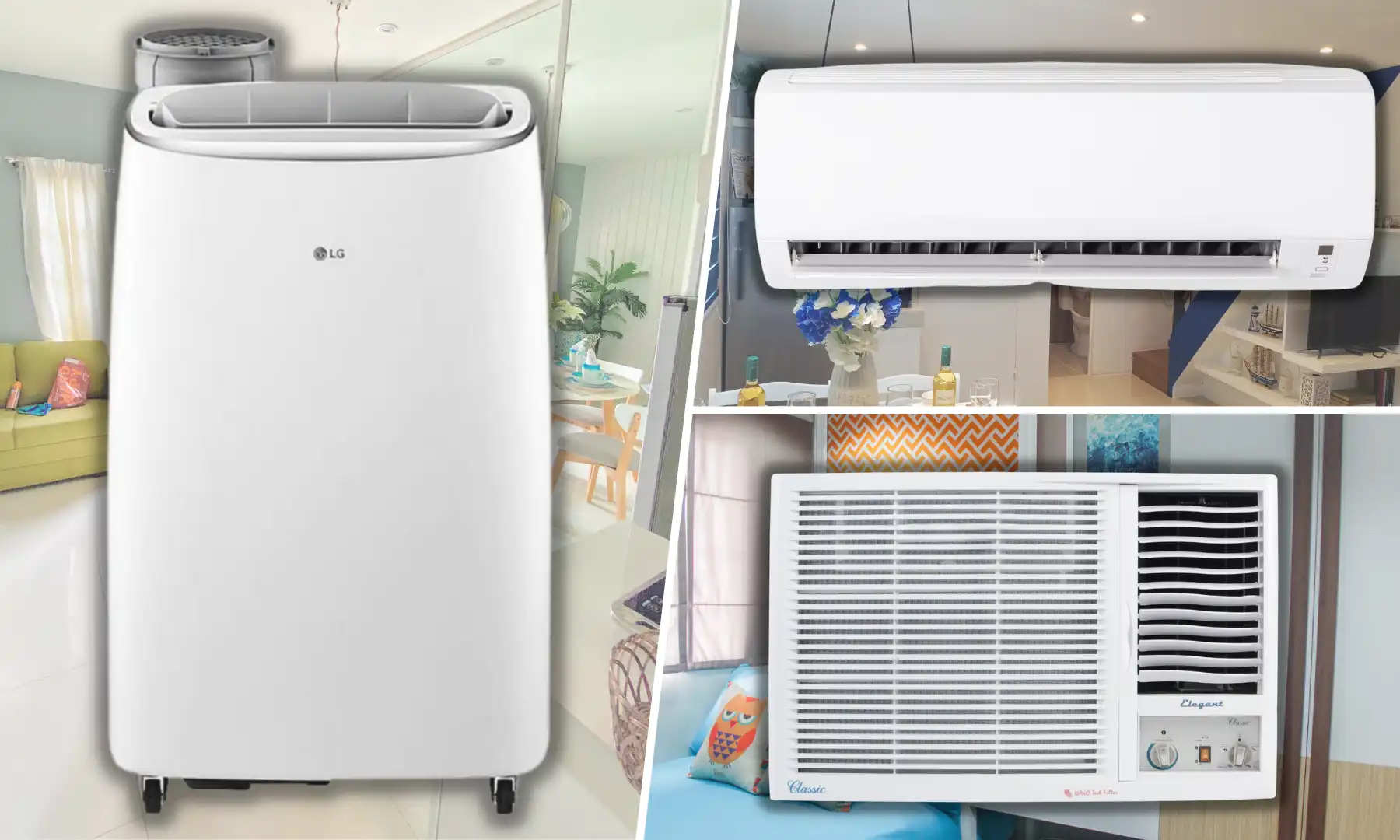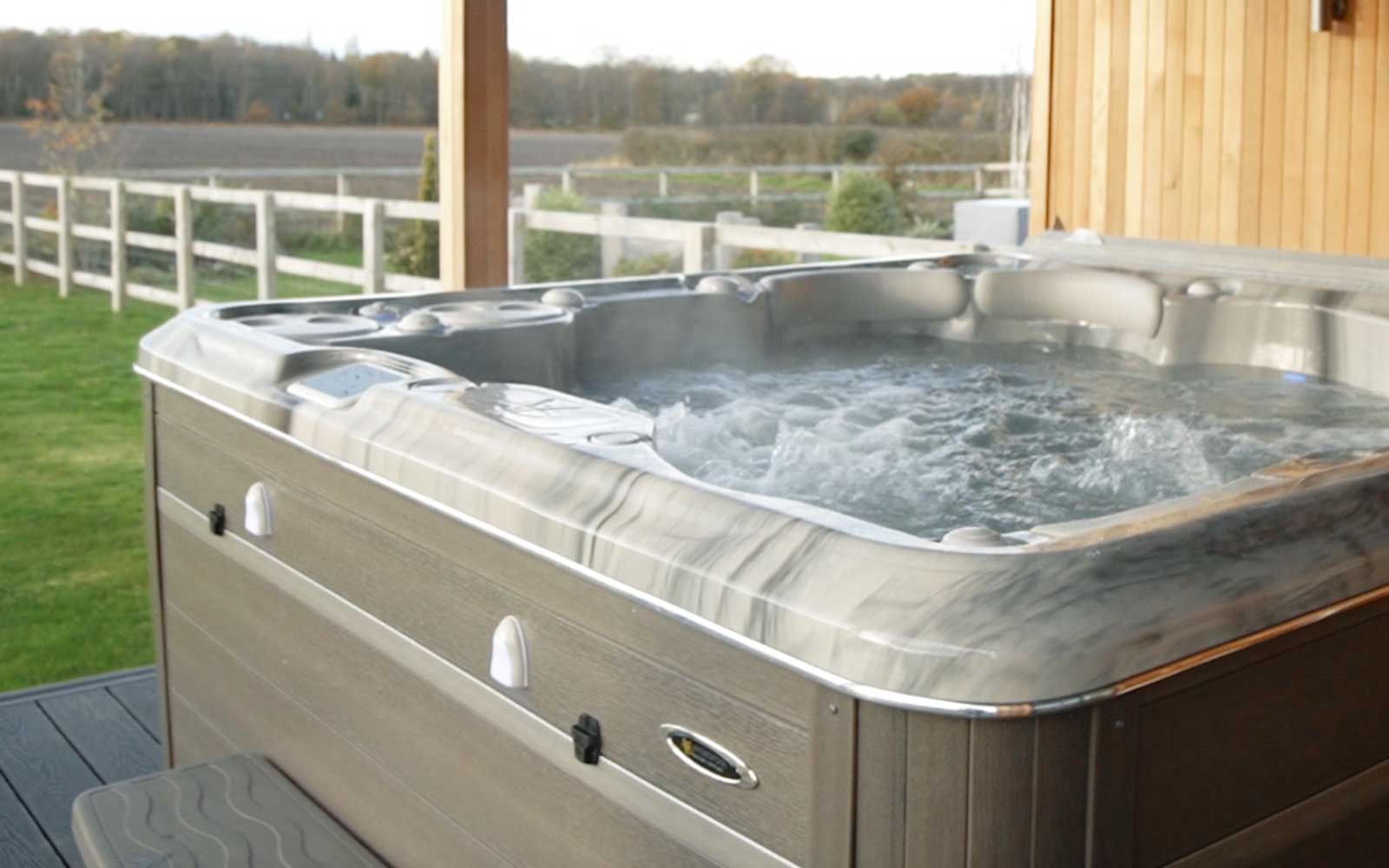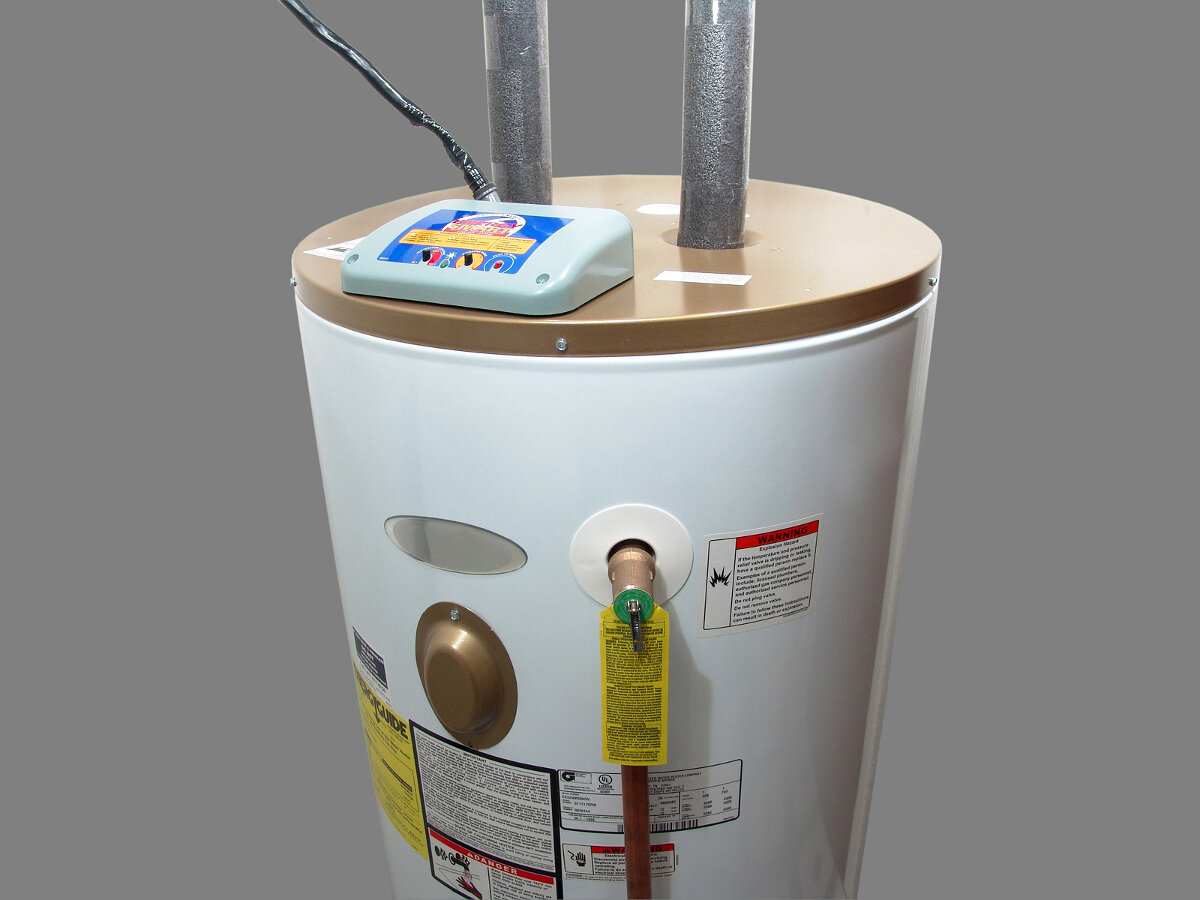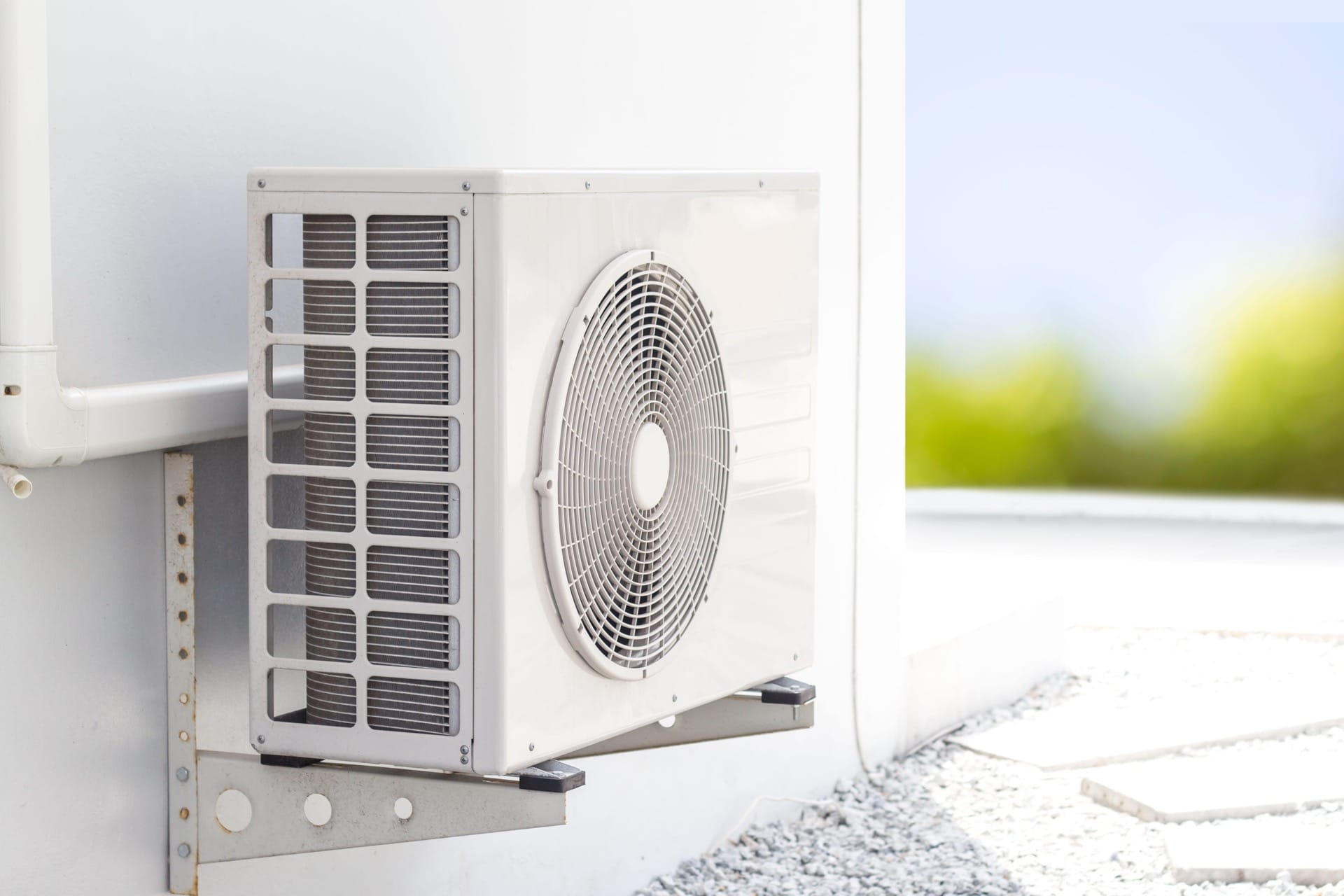Home>Home Maintenance>What Is The Average Lifespan Of A Furnace And Air Conditioner
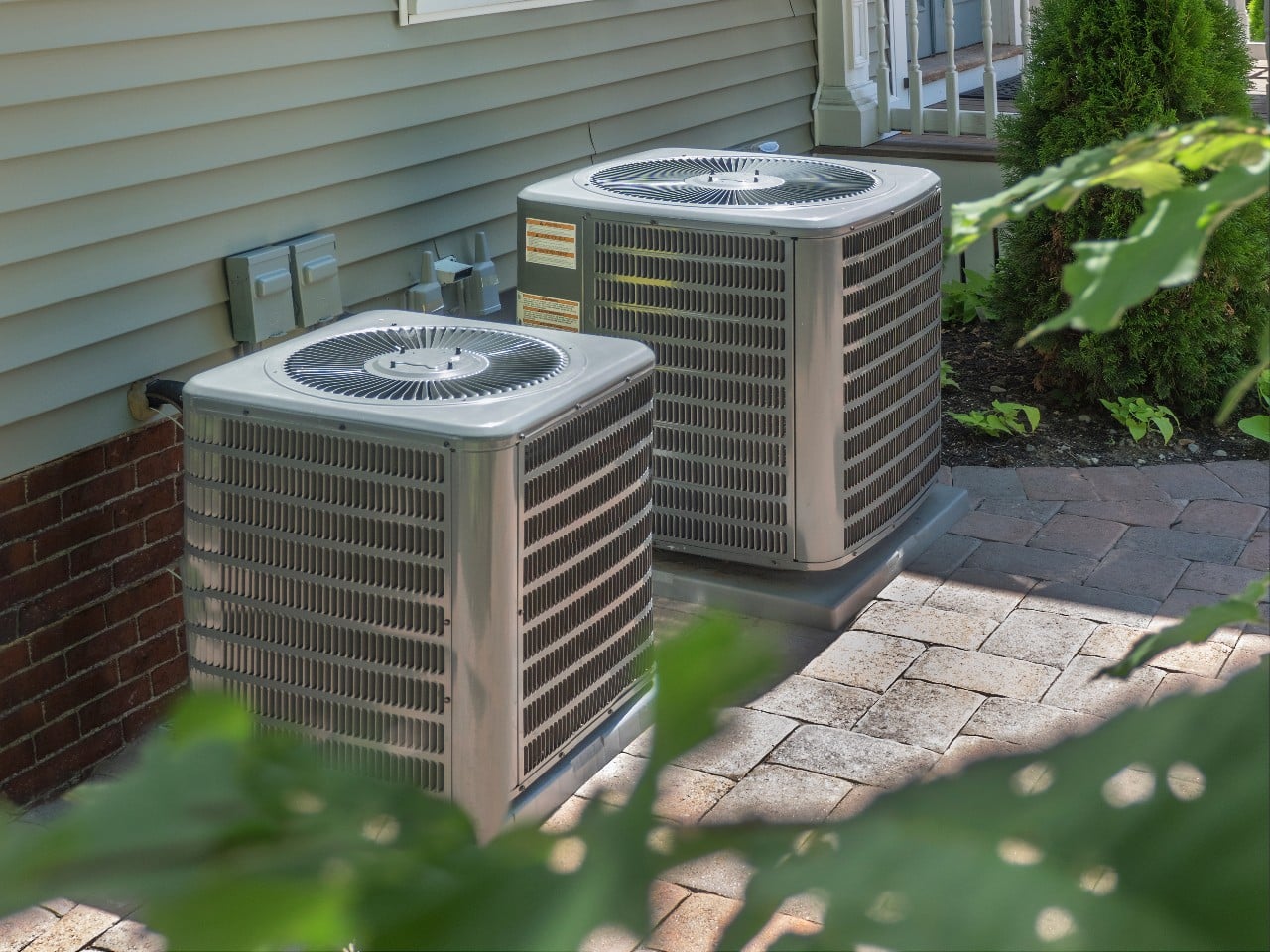

Home Maintenance
What Is The Average Lifespan Of A Furnace And Air Conditioner
Modified: October 28, 2024
Learn about the average lifespan of your furnace and air conditioner, and how proper home maintenance can extend their longevity.
(Many of the links in this article redirect to a specific reviewed product. Your purchase of these products through affiliate links helps to generate commission for Storables.com, at no extra cost. Learn more)
Introduction
Welcome to the world of home maintenance! Taking care of your home means ensuring that all its systems are in proper working condition, including your furnace and air conditioner. These two essential components of your HVAC system play a crucial role in keeping your house comfortable throughout the year.
Like any mechanical equipment, furnaces and air conditioners have a limited lifespan. It’s important to understand the factors that can affect their longevity and know when it might be time to consider replacement. In this article, we will explore the average lifespan of furnaces and air conditioners, signs that indicate they may be reaching the end of their lifespan, and maintenance tips to help you extend their longevity.
So, let’s dive into the world of HVAC systems and learn more about how long your furnace and air conditioner are expected to last.
Key Takeaways:
- Furnaces last 15-20 years, but quality, maintenance, and usage affect lifespan. Upgrading to energy-efficient models can save money and improve comfort.
- Air conditioners last 10-15 years. Regular maintenance and recognizing signs of aging are crucial. Upgrading to newer models can save energy and increase comfort.
Factors Affecting Lifespan
The lifespan of a furnace or air conditioner can be influenced by several factors. Understanding these factors can help you better gauge the expected lifespan of your HVAC system and make informed decisions regarding maintenance and replacement.
1. Quality: The quality of the equipment is a significant factor in determining its lifespan. Higher-quality furnaces and air conditioners, typically made by reputable manufacturers, are built to withstand wear and tear over time and may have a longer lifespan compared to cheaper, lower-quality alternatives.
2. Installation: Proper installation is crucial for the optimal performance and longevity of your HVAC system. Poor installation can lead to problems such as inadequate airflow, incorrect sizing, and improper connections, which can shorten the lifespan of the equipment.
3. Usage and Maintenance: The way you use and maintain your furnace and air conditioner can greatly impact their lifespan. Regular maintenance, including cleaning or replacing air filters, lubricating moving parts, and inspecting for any potential issues, can help ensure your system operates at its best and prolong its lifespan.
4. Climate and Environment: The climate and environment in which your HVAC system operates can also affect its lifespan. Extreme weather conditions, such as frequent temperature fluctuations or exposure to salty air or pollution, can put additional stress on the equipment and potentially decrease its lifespan.
5. Frequency of Use: How often you use your furnace or air conditioner can impact its lifespan. Systems that operate year-round or in regions with long, hot summers or harsh winters may experience more wear and tear compared to those used sparingly in milder climates.
6. Upkeep of Ductwork: The condition of your home’s ductwork is another factor to consider. Leaky or poorly insulated ducts can strain your HVAC system, causing it to work harder and potentially shortening its lifespan.
It’s important to note that while these factors can provide a general idea of a furnace or air conditioner’s lifespan, individual circumstances can vary. Regular inspections and consultations with HVAC professionals can help you assess the specific factors affecting your system’s longevity.
Average Lifespan of a Furnace
The average lifespan of a furnace typically ranges from 15 to 20 years. However, this can vary depending on various factors such as usage, maintenance, and quality of the equipment.
High-quality furnaces that are well-maintained and used moderately can potentially last even longer, while lower-quality furnaces or those subjected to heavy usage may have a shorter lifespan.
It’s important to note that older furnaces may not be as efficient as newer models, leading to higher energy consumption and increased costs. If your furnace is approaching the end of its lifespan or encountering frequent breakdowns, it may be a good idea to consider upgrading to a more energy-efficient model.
Additionally, advancements in technology have led to the development of more energy-efficient and environmentally friendly furnaces. Newer models often come with improved features such as programmable thermostats, variable-speed motors, and advanced filtration systems. Upgrading to a newer model not only extends the lifespan of your system but also provides better comfort and energy savings.
To determine the average lifespan of your furnace, it’s advisable to consult with a professional HVAC technician. They can inspect the condition of your furnace, evaluate its age and efficiency, and provide recommendations based on their findings.
Average Lifespan of an Air Conditioner
The average lifespan of an air conditioner typically ranges from 10 to 15 years. However, several factors can affect its longevity, including usage, maintenance, and environmental conditions.
Similar to furnaces, higher-quality air conditioners that are well-maintained and used moderately may have a longer lifespan. On the other hand, lower-quality air conditioners or those subjected to heavy usage may require replacement sooner.
It is worth noting that older air conditioners may not be as energy-efficient as newer models. Upgrading to a more efficient air conditioner can not only extend its lifespan but also result in lower energy consumption and reduced utility bills.
Advancements in technology have led to the development of more energy-efficient air conditioners. Systems with features such as variable-speed compressors, programmable thermostats, and smart controls are now available. Investing in a newer air conditioner not only provides improved cooling but also offers better comfort and increased energy savings.
Regular maintenance is essential to ensure your air conditioner operates efficiently and has a longer lifespan. Basic maintenance tasks include cleaning or replacing air filters, cleaning the condenser coils, checking refrigerant levels, and inspecting electrical connections. It’s recommended to schedule professional maintenance at least once a year to address any potential issues and ensure optimal performance.
If your air conditioner is approaching the end of its lifespan or you are experiencing frequent breakdowns, it may be a sign that replacement is necessary. A professional HVAC technician can assess the condition of your air conditioner, advise on potential repairs, and provide recommendations for a new system if needed.
Remember, regular maintenance and timely replacement are key factors in maximizing the lifespan and efficiency of your air conditioner. Consulting with a professional HVAC technician can help you make informed decisions and ensure your home stays cool and comfortable for years to come.
Regular maintenance, such as changing air filters and scheduling annual inspections, can help extend the lifespan of your furnace and air conditioner.
Signs of Aging and When to Replace
As furnaces and air conditioners age, they may start showing signs of wear and tear. Recognizing these signs is crucial in determining when it’s time to replace your HVAC system. Here are some common signs of aging to look out for:
- Inconsistent temperatures: If you notice uneven heating or cooling throughout your home, it could be a sign that your furnace or air conditioner is struggling to distribute air properly.
- Frequent breakdowns: If your system requires frequent repairs or if the cost of repairs becomes substantial, it may be more cost-effective to replace the unit rather than continuing to invest in repairs.
- Inefficiency: As furnaces and air conditioners age, they become less efficient, resulting in higher energy bills. If you notice a significant increase in your utility bills despite no change in usage, your system may be nearing the end of its lifespan.
- Strange noises: Unusual noises, such as grinding, squealing, or rattling, coming from your HVAC system are indicators of potential issues. These noises can signal worn-out components or loose parts that may need to be replaced or repaired.
- Excessive dust or poor air quality: An aging system may struggle to filter and clean the air effectively, resulting in a buildup of dust and decreased air quality in your home.
- Age: Consider the age of your furnace or air conditioner. If it is nearing or has exceeded the average lifespan, it may be a good time to start planning for a replacement.
While these signs can indicate that it’s time to replace your HVAC system, it’s always recommended to consult with a professional technician. They can thoroughly assess the condition of your system and provide expert advice on whether repairs or replacement are the best course of action.
Remember, replacing your HVAC system in a proactive manner can help you avoid unexpected breakdowns, improve energy efficiency, and ensure optimal comfort in your home.
Read more: What Are The Parts Of An Air Conditioner
Maintenance Tips to Extend Lifespan
Maintaining your furnace and air conditioner properly is essential for maximizing their lifespan and ensuring optimal performance. Here are some maintenance tips to help extend the longevity of your HVAC system:
- Regularly change air filters: Clogged or dirty air filters restrict airflow and strain your system. Replace disposable filters every 1-3 months, or clean and reuse washable filters according to the manufacturer’s instructions.
- Keep the area around outdoor units clear: Remove any debris, leaves, and vegetation that may obstruct the airflow around your outdoor unit. Maintain a clear space of at least 2-3 feet around the unit to ensure optimal performance.
- Clean condenser coils: Over time, dirt and debris can accumulate on the condenser coils, reducing their efficiency. Use a soft brush or vacuum cleaner to gently remove dirt and debris from the coils.
- Lubricate moving parts: Proper lubrication of your furnace’s motor and air conditioner’s fan motor can help reduce friction and extend their lifespan. Refer to the manufacturer’s instructions for the appropriate lubrication method and frequency.
- Inspect and clean ductwork: Regularly check your ductwork for leaks, loose connections, or signs of damage. Seal any leaks and ensure the ductwork is properly insulated to prevent loss of conditioned air and strain on your HVAC system.
- Schedule professional maintenance: Consider scheduling annual maintenance appointments with a qualified HVAC technician. They can inspect your system, clean components, check refrigerant levels, and identify any potential issues before they worsen.
- Monitor thermostat settings: Optimize energy usage by programming your thermostat to adjust temperatures based on your schedule. Lower temperatures in winter and raise them in summer when you are away from home to reduce strain on your system.
- Keep vents and registers clear: Ensure that vents and registers are not blocked by furniture, rugs, or other objects, as this obstructs airflow and reduces the efficiency of your HVAC system. Allow for proper air circulation throughout your home.
- Check and clean the drainage system: Regularly inspect and clean the condensate drain line and pan to prevent clogs and water damage. Consult the manufacturer’s instructions or a professional technician for guidance on proper cleaning methods.
- Be mindful of energy efficiency: Replace outdated thermostats with programmable or smart thermostats to optimize energy usage. Consider investing in energy-efficient models when it’s time to replace your furnace or air conditioner.
By following these maintenance tips and staying proactive in caring for your HVAC system, you can extend its lifespan, improve energy efficiency, and enjoy consistent comfort in your home.
Conclusion
Maintaining your furnace and air conditioner is vital for the overall well-being and comfort of your home. Understanding the average lifespan of these essential components of your HVAC system and knowing when it’s time to replace them is crucial. By recognizing the signs of aging and staying proactive with maintenance, you can maximize the lifespan of your furnace and air conditioner, saving you money and ensuring optimal performance.
Factors such as the quality of the equipment, installation, usage, climate, and maintenance practices all play a role in determining how long your furnace and air conditioner will last. Routine maintenance tasks, such as regularly changing air filters, keeping the outdoor unit clear, and scheduling professional inspections, can help keep your system running smoothly for years to come.
When signs of aging become apparent, such as inconsistent temperatures, frequent breakdowns, or inefficiency, it may be time to consider replacing your HVAC system. Upgrading to newer, more energy-efficient models not only extends their lifespan but also provides better comfort and helps reduce energy consumption.
Remember, it’s always advisable to consult with a professional HVAC technician for an accurate assessment of your system’s condition and expert advice on repairs or replacement.
By following the maintenance tips provided in this article and staying vigilant in caring for your furnace and air conditioner, you can ensure they serve you well for many years, keeping your home comfortable and efficient.
Frequently Asked Questions about What Is The Average Lifespan Of A Furnace And Air Conditioner
Was this page helpful?
At Storables.com, we guarantee accurate and reliable information. Our content, validated by Expert Board Contributors, is crafted following stringent Editorial Policies. We're committed to providing you with well-researched, expert-backed insights for all your informational needs.
